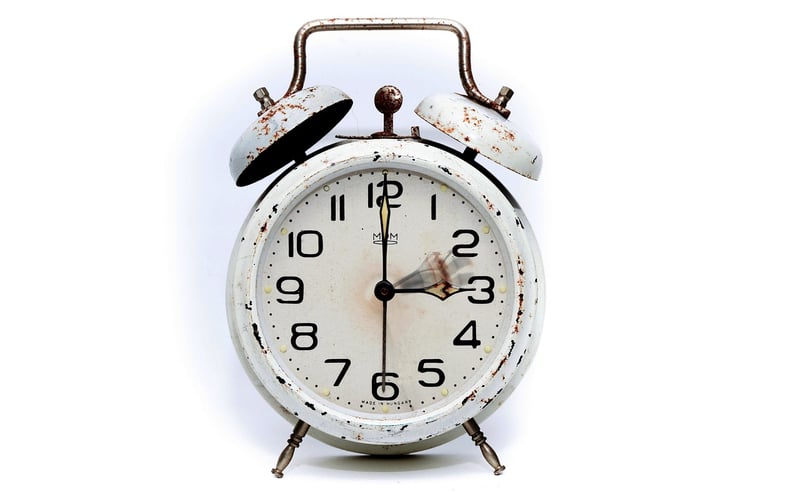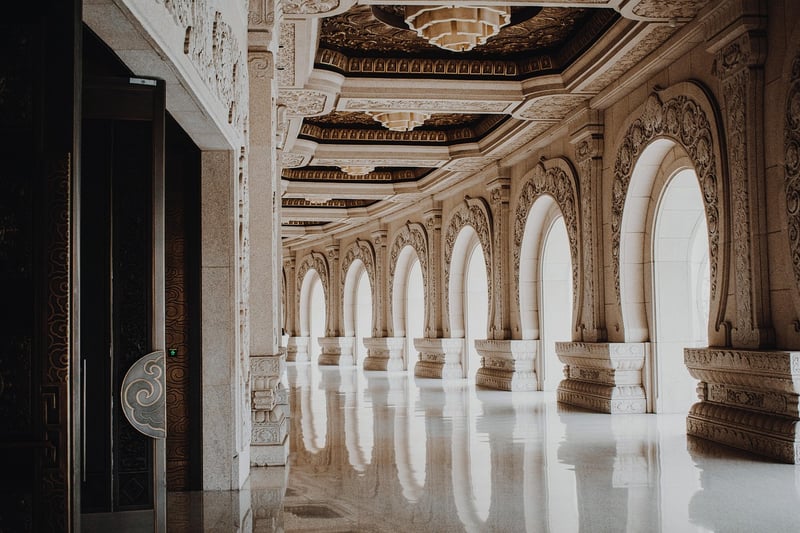Changing History
The Moral Implications of Changing History
History is a vast tapestry woven with the threads of events, decisions, and consequences. Each thread plays a crucial role in shaping the present and future. But what if we could alter some of those threads? What are the moral implications of changing history?
Understanding the Power of Change
Changing history is a concept that has fascinated and intrigued many. Whether through time travel in science fiction or hypothetical scenarios, the idea of altering past events raises important questions about ethics and morality.
Moral Dilemmas
One of the key moral dilemmas of changing history is the potential impact on individuals and societies. By altering the past, we could erase significant historical events, potentially changing the course of human development. This raises questions about the right to alter the past and the unforeseen consequences of such actions.
Ethics and Responsibility
With great power comes great responsibility. The ability to change history, even hypothetically, requires careful consideration of the ethical implications. Who decides what events are worth changing? What criteria should be used to make such decisions?
Preserving Truth and Memory
History serves as a record of our collective past, both the triumphs and the tragedies. Changing historical events could distort our understanding of the truth and undermine the memory of those who lived through those events. Preserving the integrity of history is a moral responsibility we must uphold.
Conclusion
As we ponder the moral implications of changing history, we are reminded of the importance of respecting the past, learning from it, and shaping a better future. While the idea of altering historical events may be captivating, it is essential to approach it with caution, empathy, and a deep sense of responsibility.

Exploring the moral complexities of changing history invites us to reflect on our values, our understanding of the past, and our role in shaping the narrative of the future.
